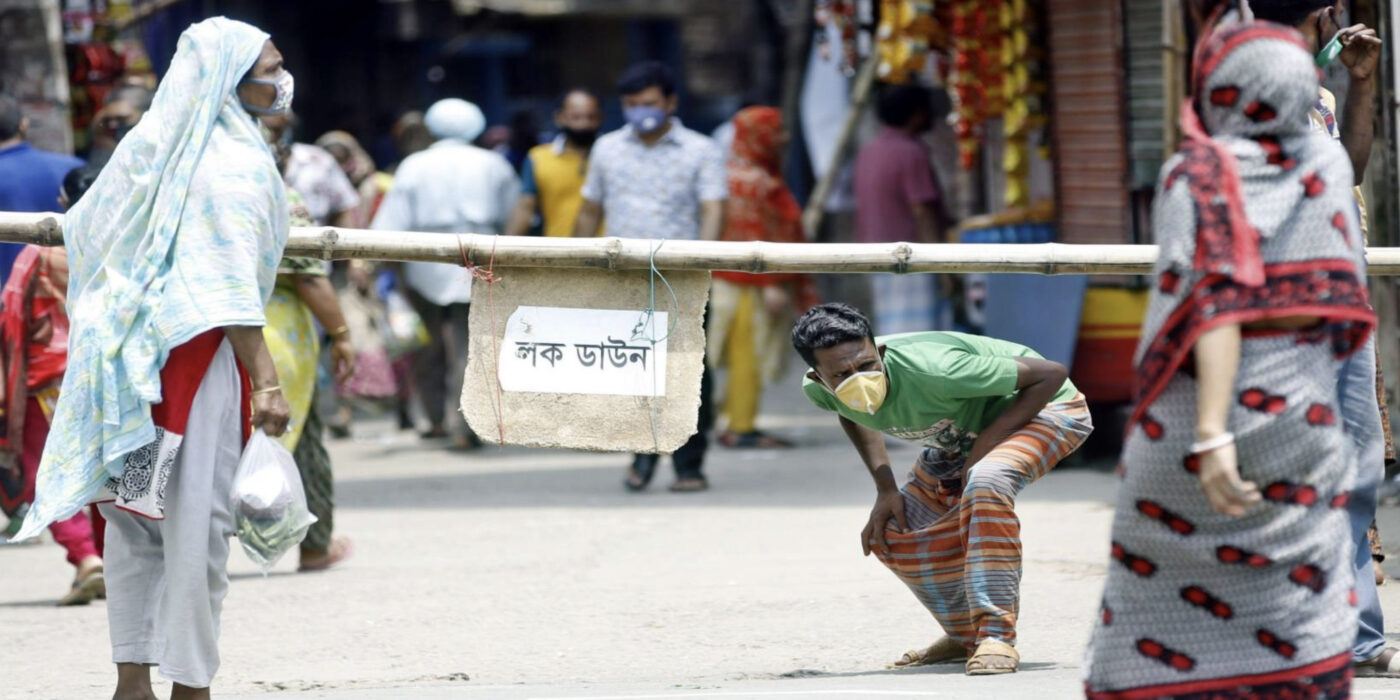
Objective
This study investigated the effects of COVID-19 policy interventions on the transport (traffic) outcome and related these to potential changes in air quality, traffic accidents and disease spread.
Potential impact
Insight into the impact of COVID-19 related policy interventions on transport (traffic and accident), and resulting impacts on air quality and COVID-19 spread in Bangladesh in mitigating pandemic impacts low-income countries.
COVID-19 Challenge
Transport plays a key role in the spread of contagious diseases, such as COVID-19. The Government of Bangladesh imposed a transport lockdown and restricted the movement of people early in the COVID-19 pandemic.
However, these measures had to be relaxed at various stages due to economic and social pressures. These policy decisions have led to changes in transport and mobility that have affected the spread of COVID-19 and local air quality.
This makes Bangladesh and its capital, Dhaka, a one-of-a-kind ‘living lab’ to study the interaction between policy decisions, transport impacts (traffic and accidents), air quality impacts and COVID-19 spread. The challenge is to quantify these relationships enable policymakers to gain insight into the impacts of their decisions and to improve policymaking.
Approach
Data will be collected on daily COVID-19 infection and tests, daily or hourly traffic (via proxy measures, such as daily/hourly traffic speed or daily flow at a particular point), daily or hourly air quality and meteorology, monthly traffic accidents, fatalities and injuries, and policy decisions and relevant timeline. The data will then be analysed using data visualisation techniques, and statistical and machine-learning based models will be developed to establish links between the metrics of interest.
Outcome
Non-technical infographic and summary findings will be prepared for wider dissemination to policymakers. The results will be shared with the Government of Bangladesh though our stakeholder, Dhaka Transport Coordination Authority.
The international audience will be reached via academic papers and a conference presentation as well as via the links with other low- and medium-income countries through ongoing GCRF projects and workshops.
